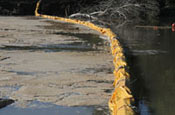Introduction.
Water pollution refers to the contamination of water bodies through the release of harmful chemicals into water bodies. This is detrimental to living organisms that live in or come into contact with polluted water bodies.
Causes of Water Pollution
Industrial waste.
Factories and industries usually produce large amounts of toxic chemical waste. Discharge of hot water from factories into water sources causes anthropogenic thermal differences meaning decreased oxygen levels that affect the survival of marine organisms.
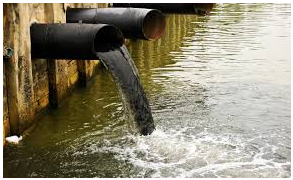
Agricultural activities
Farm activities pollute groundwater through soil absorption. Rainwater washes away fertilizers and toxic chemicals from the farm soils into the nearest water bodies.
Domestic wastewater and sewage
Sewage waste from domestic households makes up around 80 percent of water pollution. With an increased world population, proper treatment and disposal of sewage have been a challenge in most parts of the world.
Oil Spills
Oil is discharged into the ocean through shipping operations and tank cleaning causing marine pollution. Rainwater may also wash oil from roads into water bodies.
Garbage disposal
Garbage disposal is largely uncontrolled in most countries. The garbage from abandoned and uncontrolled garbage sites is usually carried by rainwater into water bodies.
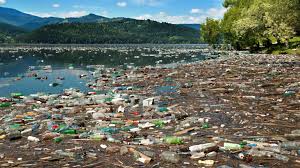
Dredged silt.
Harbors and canals are usually dredged to remove silt and establish the waterways. Most of the dredged material is dumped into oceans.
Effects of water pollution
- Eutrophication– runoff from the land causes excessive richness of nutrients in water bodies. The dense growth of algae then occurs on the water, which may lead to the death of animal life in the sea.
- Human death and diseases: the presence of bacteria in the water causes waterborne diseases. Toxic chemicals in the water may cause damage to the liver and kidneys.
- Destroyed Aquatic Environment: waste in water bodies alters the marine environment affecting the species living there
Control of Water Pollution
1. Responsible use of fertilizers and pesticides. Responsibility with use of chemicals during agricultural activities can help curb water pollution.
2. Minimize rainwater runoff: pollution from rainwater runoff can be minimized by erosion control measures such as mulching.
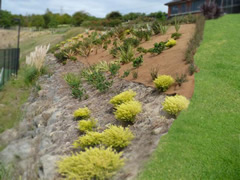
3. Filtration of runoff: runoff can be filtered by use of a check dam or ditch check as it lands in ditches or dewatering products for stagnant waters.
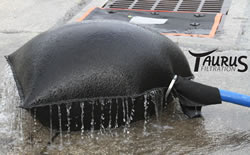
4. Containing spills: containment may be done by use of berms and basins.
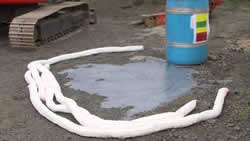
5. Capture and dispose ofthe floating waste in waterways: floating waste can be controlled and collected with a floating boom that is designed to act as a barrier for floating debris.
